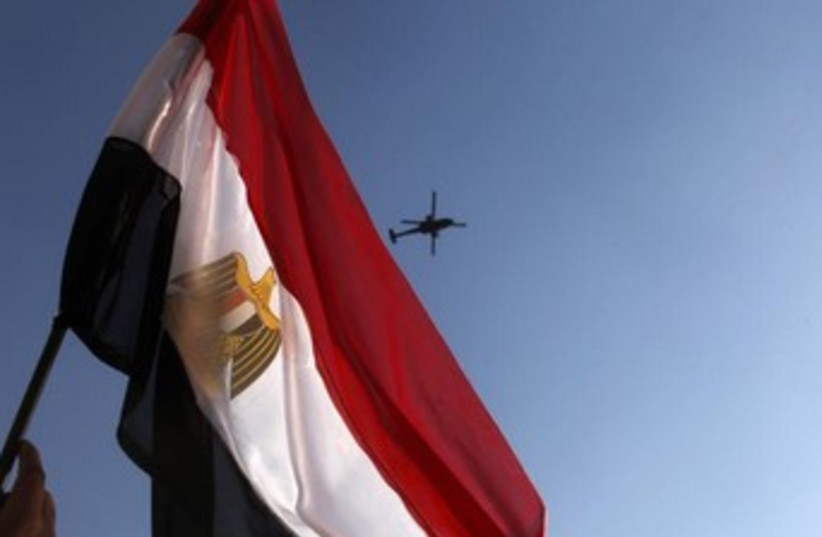Egyptian President Abdel Fattah el-Sisi has announced a new “national dialogue” which is designed to embrace swaths of Egyptian society. The importance of this agenda remains to be seen.
Egypt has undergone many changes over the last decade. After the Arab Spring, Cairo saw a brief period of chaos and the election of the Muslim Brotherhood. Sisi came to power in 2013, with a military background and a desire to keep Egypt from suffering the kind of civil strife that happened in Libya and Syria. However, the return of Egypt to more authoritarian rule led to critique in the West and concerns about human rights issues.
Egypt has suffered economic difficulty over the last decade and is seeking to return to its cultural role in the region. That means it is only slowly embracing a regional role as a powerful country again. Cairo has close ties to Riyadh and has been working with the Gulf states and Israel as part of various initiatives, such as discussions regarding the Red Sea.
This matters for regional security. It also matters because Egypt has close ties to Greece and is involved in Libya. It also has a role to play in Yemen and possibly further afield in Tunisia and in relations with Syria, Jordan and Iraq.
Egypt Today magazine said on Monday that “in a meeting with a number of journalists at the inauguration of Adly Mansour metro station and electric train on Sunday evening, President Sisi said that he had introduced a proposal to the group of the Brotherhood, during the incidents of July 3, 2013, to overcome the then-crisis throughout holding early presidential elections and giving the people the opportunity to choose, but the group chose fighting and violence. ‘So, they could not participate in the national dialogue,’ he said.”

According to regional media such as Al-Ain, Sisi gave an important speech in which he noted that “the Egyptian Army will remain [as the] underpinning of the state at all times… Egypt was heading towards a route of a point of no return.” This is a reference to 2012 and 2013. He also said that the “state succeeded in confronting skepticism, hatred and attempted sabotage.”
The magazine noted that “this came in an interview with journalists, coinciding with the anniversary of the events of July 3, 2013, that toppled the Egyptian president, who was affiliated with the Muslim Brotherhood at the time, Mohamed Morsi.” The Egyptian leader said that "we launched the national dialogue for all thinkers, unions, intellectuals and political forces, with the exception of only one faction." This is apparently a reference to the Muslim Brotherhood.
The symbolism
What is important here is the symbolism. Sisi is justifying his approach to the Brotherhood and inaugurating a new electric train project. The Adly Mansour Central Station is said to be the largest interchange station in the Middle East – and the launch of an electric train appears to be a showcase of what the future could hold.
Egypt needs huge investments for its large population. It also needs modernization across the country. Sisi’s term in office, now almost a decade, will be looked back upon in terms of how he manages the economy and how he sets the country on a path toward the rest of the century. As such, the current discussion about “national dialogue” and new projects is important.
Egypt’s role in Libya and the Gulf, as well as its work with Jordan, Iraq and Syria, is also important as it seeks to shore up the role of the Arab states in the region. And discussions and peace with Israel also matter greatly.
